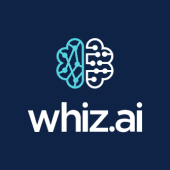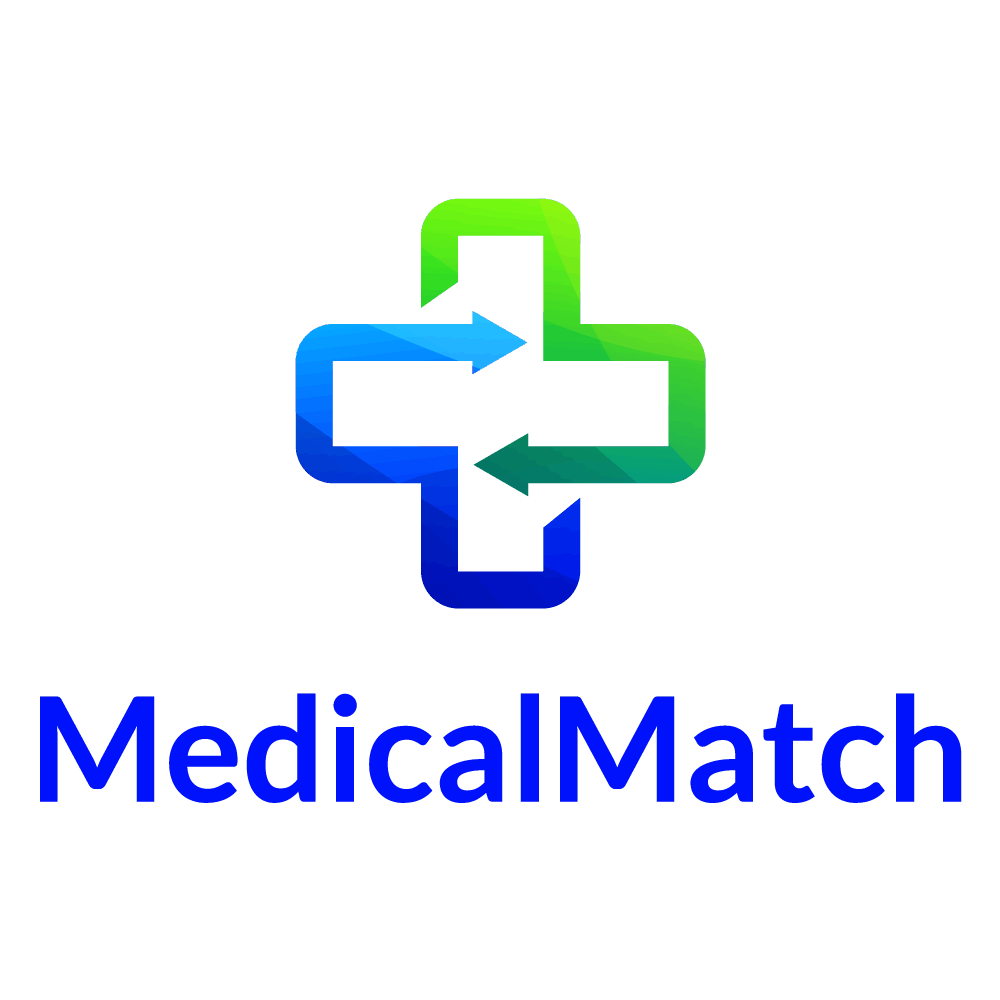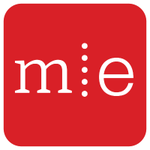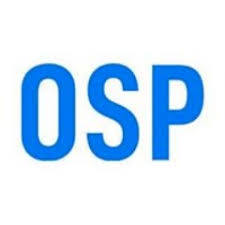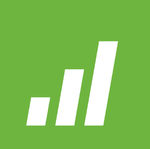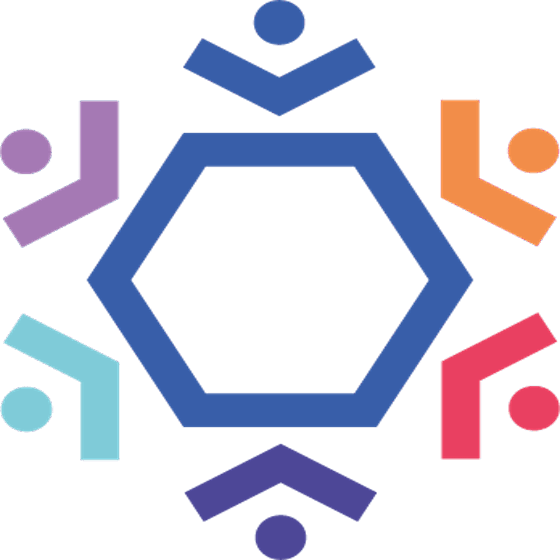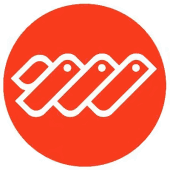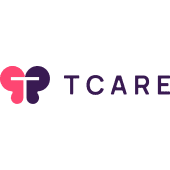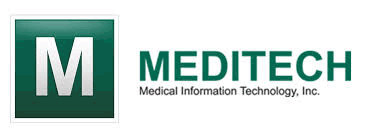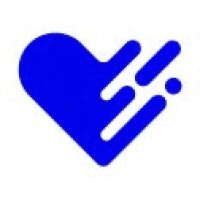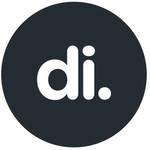What Is Healthcare Analytics Software?
Healthcare analytics software is a powerful tool that enables healthcare businesses to make data-driven decisions that improve operational efficiency, patient care, and overall performance. This software collects, organizes, and analyzes large amounts of complicated healthcare data, delivering useful insights and actionable information to healthcare providers.
One of the primary advantages of employing healthcare analytics software is its ability to combine data from a variety of sources, including electronic health records, claims data, financial data, and patient satisfaction surveys. This provides a comprehensive and holistic perspective of an organization's operations, allowing healthcare providers to spot patterns, trends, and potential concerns that may affect patient care and financial performance.
In addition to data integration, healthcare analytics software provides robust data visualization features, allowing users to construct interactive charts, graphs, and dashboards to show complex data in an understandable fashion. This allows healthcare staff to swiftly and efficiently share findings and recommendations with key stakeholders such as physicians, administrators, and executives.
Furthermore, healthcare analytics software employs predictive analytics, which combines previous data and statistical models to forecast future occurrences and outcomes. This enables companies to predict possible issues and implement proactive adjustments to enhance patient outcomes and lower expenses. Overall, healthcare analytics software is a useful asset for healthcare organizations wanting to improve operations, maximize resource utilization, improve patient experiences, and boost profitability.
When choosing a healthcare analytics software, it is critical to evaluate data security, integration capabilities, usability, and customer support. By selecting the proper software, healthcare organizations can maximize the value of their data and achieve significant changes for both their patients and their business.
What Are The Recent Trends In Healthcare Analytics Software?
In recent years, the adoption of healthcare analytics software has increased significantly in the healthcare business. This can be related to the growing need for data-driven decision making, better patient outcomes, and cost reductions.
As the use of analytics grows in healthcare, there are some critical patterns that purchasers should be aware of when deciding which software to invest in.
1. Predictive Analytics: Predictive analytics is gaining popularity in healthcare since it enables the identification of prospective health hazards and predicted outcomes. Healthcare analytics software can provide insights into possible health issues by examining past data, allowing healthcare providers to take preventative measures to avoid unfavorable health outcomes. This can ultimately result in better patient outcomes and cost savings for healthcare companies.
2. Artificial Intelligence And Machine Learning: As technology advances, healthcare analytics software increasingly incorporates artificial intelligence and machine learning capabilities. This enables rapid and reliable analysis of massive datasets, resulting in more exact diagnoses, treatment plans, and predictions. Additionally, AI and machine learning can help find patterns and trends in massive datasets that people may not be able to recognize.
3. Real-Time Data Analytics: Real-time data analytics is a major trend in healthcare analytics software. This enables real-time data processing, giving healthcare providers with near-instantaneous insights and alerts. This real-time data can be critical in emergency situations, allowing for more efficient and effective decision making.
4. Integration With Electronic Health Records: Many healthcare analytics software now supports electronic health records (EHRs). This enables the seamless movement of data from the EHR to the analytics software, resulting in a more comprehensive view of a patient's medical history. This connection could result in more precise analysis and insights for healthcare practitioners.
5. Emphasis On Population Health Management: As healthcare moves toward value-based care, population health management has become an increasingly important focus. Healthcare analytics software is already including capabilities designed specifically for tracking and managing population health. This includes evaluating illness patterns, identifying at-risk people, and tracking results.
Benefits Of Using Healthcare Analytics Software
Healthcare analytics software is a strong tool that is transforming how healthcare businesses manage and analyze their data. This software is used by a variety of healthcare entities, including hospitals and clinics, insurance companies, and public health agencies, to improve decision making, operations, and patient outcomes.
We'll look at the benefits of adopting healthcare analytics software and how it may help you gain a competitive advantage in the fast-paced world of healthcare.
1. Improved Data Management: Healthcare analytics software automates data gathering, storage, and retrieval. It enables the integration of a variety of data sources, such as electronic health records (EHRs), financial information, and patient satisfaction surveys. This eliminates data silos and provides a more comprehensive picture of the organization's data, resulting in improved insights and decisions.
2. Improved Decision Making: Using powerful algorithms, healthcare analytics software can evaluate massive data sets and provide significant insights to help decision makers. Whether it's predicting patient outcomes, identifying high-risk patients, or improving resource allocation, this software can assist healthcare organizations in making data-driven decisions that improve outcomes.
3. Cost Savings: Implementing healthcare analytics software can result in significant cost savings for the firm. It can detect inefficiencies and redundancies in processes, resulting in cost savings opportunities. It can also help healthcare providers identify patients who are at risk of readmission, lowering healthcare expenditures for both the provider and the patient.
4. Better Patient Care: By analyzing patient data and finding patterns and trends, healthcare analytics software can assist healthcare companies in developing more personalized and effective treatment strategies. This can lead to better patient outcomes and satisfaction, which are critical goals for any healthcare company.
5. Compliance And Risk Management: In today's ever-changing regulatory landscape, healthcare firms must manage compliance and risk effectively. Healthcare analytics software may analyze and monitor compliance indicators, identify hazards, and detect fraud and abuse. This helps to ensure the organization's compliance and lowers the danger of penalties and fines.
6. Competitive Advantage: In today's competitive healthcare market, firms that can successfully exploit data have a considerable advantage. Healthcare analytics software provides firms with useful information that can help them gain a competitive advantage. It allows companies to be more efficient, make better judgments, and deliver better patient care, establishing them as leaders in their area.
Important Factors To Consider While Purchasing Healthcare Analytics Software?
When it comes to acquiring healthcare analytics software, there are various variables to consider to ensure that you make the best option for your firm.
Here are the important aspects to keep in mind:
1. Data Management Capabilities: The most important element to consider is the software's capacity to efficiently manage data. Look for data integration, purification, and storage capabilities. These will keep your data correct, organized, and conveniently accessible for analysis.
2. Customization And Flexibility: Each healthcare company has unique requirements and processes in place. As a result, it is critical to choose software that provides for customization and flexibility. This ensures that the program may be adapted to your individual needs and workflows.
3. Data Visualization And Reporting: The goal of employing healthcare analytics software is to obtain insight and make data-driven decisions. As a result, it is critical to select software that has powerful data visualization and reporting capabilities. This will allow you to better comprehend the data and communicate it to stakeholders in a clear and concise manner.
4. Integration With Existing Systems: Ensure that the software you select integrates seamlessly with your current systems, including as electronic health records (EHRs) and practice management software. This eliminates data silos and ensures that all of your data is consolidated in one location for full analysis.
5. Security And Compliance: Healthcare firms handle sensitive patient data, thus data security and compliance are key considerations. Look for software that includes robust security features such as data encryption and access control. It should also follow HIPAA standards to ensure patient privacy.
6. User-Friendly Interface: The software's user interface should be intuitive and user-friendly, allowing non-technical users to browse and use it successfully. This will save time and resources on training while also allowing for quicker software adoption.
7. Scalability: Because your organization's needs may change over time, it is critical to select software that can scale with its expansion. This eliminates the need to transition to new software in the future. When selecting healthcare analytics software, consider these essential considerations to ensure that you get the best solution that suits your organization's specific needs and allows you to make informed decisions to improve patient care and results.
What Are The Key Features To Look For In Healthcare Analytics Software?
When purchasing healthcare analytics software, buyers should check for a few important aspects to guarantee they are obtaining the best solution for their needs. These characteristics can assist healthcare businesses increase operational efficiency, lower costs, and enhance patient outcomes.
Here are the most important characteristics to consider while considering healthcare analytics software:
1. Data Integration And Visualization: Effective healthcare analytics requires the capacity to integrate data from several sources, including electronic health records, claims, and financial data. Look for software that provides comprehensive data integration capabilities as well as graphics that make complex data sets simple to grasp and analyze.
2. Predictive Analytics: With the advent of value-based care, healthcare organizations must be able to anticipate and prevent unfavorable outcomes. Look for tools that can perform predictive analytics to detect high-risk patients and probable future healthcare requirements.
3. Real-Time Analytics: In today's fast-paced healthcare industry, real-time analytics are critical. This feature enables businesses to swiftly monitor and respond to changes in patient data, resulting in better decision-making and patient outcomes.
4. Customizable Dashboards And Reports: Users can see and analyze data in a way that is most relevant to their individual requirements. Look for software that provides a wide range of reporting choices to accommodate the varying demands of many users, including clinical, financial, and operational teams.
5. Data Security And Compliance: Healthcare data is extremely sensitive, and ensuring patient privacy is critical. It is critical to select software that complies with industry laws, like as HIPAA, and includes advanced security features to protect patient data.
6. Scalability And Flexibility: As healthcare organizations expand and evolve, they require software that can scale and adapt to changing requirements. Look for software that is both scalable and versatile, allowing you to add new data sources and modify analytics procedures as needed.
7. User-Friendly Interface: A user-friendly interface is critical for guaranteeing that all users, regardless of technical expertise, can browse and comprehend the information offered. Look for software with an intuitive and user-friendly interface that requires little training to operate properly.
Why Do Businesses Need Healthcare Analytics Software?
As the healthcare industry evolves and becomes more data-driven, organizations in this sector must manage and use massive volumes of information to make choices. This is where healthcare analytics software becomes an indispensable tool for organizations. Healthcare analytics software enables businesses to collect, store, and analyze data from a variety of sources, including electronic health records, insurance claims, and medical devices.
This enables them to get useful insights and make data-driven decisions, eventually improving patient outcomes, lowering costs, and increasing operational efficiency. One of the key reasons why organizations use healthcare analytics software is to meet the increasing demand for openness and accountability in the healthcare sector. With regulatory agencies focusing more on patient outcomes and cost-effectiveness, firms can utilize analytics software to analyze and measure their performance in these areas.
Furthermore, healthcare analytics software can help firms identify and address operational inefficiencies. Businesses can identify opportunities for improvement and maximize their resources by evaluating data on procedures and workflows. This not only improves the quality of care, but also lowers expenses and increases productivity. In addition, healthcare analytics software can help firms detect and manage risks.
By examining data on patient populations, diseases, and treatment outcomes, organizations can identify high-risk patients and intervene early to avoid costly and damaging repercussions. Furthermore, healthcare analytics software helps organizations keep ahead of developing trends and respond to changing market situations. Businesses can stay competitive in a fast changing healthcare industry by recording and analyzing data on patient demographics, treatment alternatives, and healthcare policies.
How Much Time Is Required To Implement Healthcare Analytics Software?
The deployment time for healthcare analytics software varies based on the software utilized and the healthcare organization's demands. However, on average, the implementation procedure can take between three and six months. The initial step in installing healthcare analytics software is usually data integration. This entails gathering all relevant data from numerous sources and structuring it in a format that the program can simply examine.
This process can take up to two months, depending on the complexity of the data. Next, the healthcare institution must collaborate with the software vendor to set up and adapt the software to meet their specific requirements. This can include establishing dashboards, providing reports, and enabling alarms. This process could take an additional 1-2 months. Once installed, the program must be tested and quality assured to ensure that it functions effectively and provides accurate information.
This may take an extra 2-4 weeks. Finally, the healthcare institution will need to train its employees on how to utilize the program properly. This can take anything from a few days to several weeks, depending on the software's complexity and the size of the company. Overall, the implementation period for healthcare analytics software can range from three to six months, but the company must collaborate closely with the software vendor to guarantee a smooth and effective process. Healthcare businesses that invest time and effort in appropriate implementation can reap the long-term benefits of precise data analysis and better decision-making.
What Is The Level Of Customization Available In Healthcare Analytics Software?
When it comes to healthcare analytics software, customization is critical for fulfilling the individual demands and goals of a healthcare institution. The level of customisation accessible in various software solutions varies widely, so purchasers should understand their alternatives before making a decision. First and foremost, the software vendor determines the level of customization.
Some may provide a highly configurable solution with several possibilities, whereas others may have less customization options. Buyers must conduct extensive research and comparisons of many providers to determine which one best meets the needs of their firm. Healthcare analytics software often allows for customization of data sources, visualization, and reporting.
This implies that users can specify the type of data to examine, how it is displayed, and which metrics and insights are included in reports. Some software may additionally support integration with other systems or data sources, allowing for even more customisation options. Furthermore, some software may provide user-specific customisation, granting varying levels of access and permissions to different jobs within the business.
For example, healthcare providers may have access to patient data, whereas administrators may have access to financial data. It's important to note that too much personalization might lead to complexity and problems. As a result, buyers must carefully assess their organization's requirements and select a level of customization that is manageable and aligned with their objectives.
Which Industries Can Benefit The Most From Healthcare Analytics Software?
Healthcare Analytics Software is a powerful instrument that has the potential to significantly help a variety of healthcare companies. Its ability to analyze and interpret massive amounts of data allows enterprises to make more informed decisions, increase efficiency, and improve patient outcomes.
Let's explore, which sectors can gain the most from investing in Healthcare Analytics software.
1. Hospitals And Healthcare Systems: Hospitals and healthcare systems are complicated institutions that produce massive amounts of data on a regular basis. Healthcare analytics software can assist these businesses in managing and analyzing patient data, allocating resources more effectively, and identifying cost-cutting opportunities. It can also help uncover patterns and trends in patient outcomes, resulting in higher quality of care.
2. Insurance Companies: Healthcare Analytics software can considerably assist health insurance companies by allowing them to identify high-risk patients, predict and prevent prospective claims, and reduce overall healthcare costs. Furthermore, the program can help with fraud identification, a major issue in the healthcare industry.
3. Pharmaceutical Companies: The pharmaceutical industry relies extensively on data to inform research and development, as well as sales and marketing initiatives. Pharmaceutical businesses can use Healthcare Analytics software to evaluate patient data, track medication usage, and discover prospective drug development targets. This can lead to faster medical approvals and more targeted marketing, resulting in higher sales and profitability.
4. Research Institutions: Healthcare Analytics software can considerably aid research institutes by allowing them to examine and interpret massive amounts of data from clinical trials and studies. This can result in speedier discoveries and advances in medical research, ultimately benefiting patients.
5. Governmental Healthcare Agencies: Government healthcare agencies manage and oversee the healthcare system. Healthcare analytics software can help these agencies track population health trends, identify areas for improvement, and allocate resources more efficiently. This could eventually lead to better healthcare policies and management of public health issues.
Conclusion
To summarize, healthcare analytics software has become a crucial tool for healthcare businesses and their decision-making processes. This technology gives significant information on patient data, financial performance, and general operational efficiency. When selecting healthcare analytics software, there are various important variables to consider.
The first consideration is your organization's specific demands and goals, as these will assist identify which features and capabilities are most vital for your specific requirements. It is also critical to assess the software's data security procedures, as healthcare firms manage sensitive patient information. Look for software that meets industry rules and provides encryption and access restrictions.
Another crucial factor is the software's usability. A comprehensive and user-friendly interface will ensure that all members of your team can efficiently use the software's features. Furthermore, consider the software provider's level of customer assistance and training while making your pick. Adequate customer support can have a significant impact on your software experience and help you overcome any technical issues.
It is also useful to look at the software's track record and customer reviews to get a better grasp of its performance and reliability. Finally, investing in the appropriate healthcare analytics software can significantly improve your organization's operations and decision-making processes. Therefore, it is critical to properly study and compare alternative options before making a final selection. We hope this buyer's guide has helped you make an informed selection and improve your healthcare operations.

